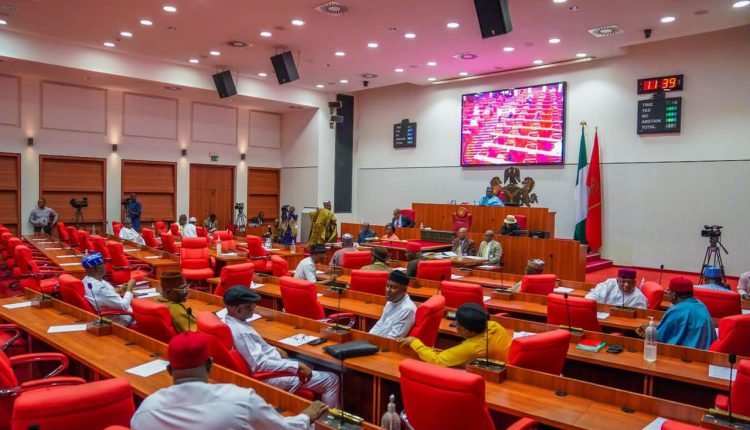The Senate has mandated its relevant committees to investigate the alleged importation of hazardous petroleum products and substandard diesel into Nigeria. This decision followed a motion by Senator Asuquo Ekpenyong, who raised the issue as a matter of urgent public importance on Wednesday.
The investigation will be led by an Ad-Hoc Committee with specific terms of reference, including:
- Examining the pre-shipment and pre-discharge standard test parameters used by the Nigerian Midstream and Downstream Regulatory Authority to identify any exploited loopholes that allowed toxic cargoes into the country.
- Assessing the compliance level of the Nigerian National Petroleum Corporation Limited’s (NPCL) Direct Sale and Direct Purchase (DSDP) arrangements in line with the Petroleum Industry Act, focusing on transparency and accountability.
- Investigating the activities of the Petroleum Equalisation Fund, including payments made to transporters over the past decade.
- Inquiring about the status of the 22 depots built by the NNPC to eliminate road distribution of petroleum products.
- Engaging with stakeholders in the oil and gas industry to identify regulatory gaps and strengthen surveillance and monitoring structures to detect violations of best practices in product importation before they enter domestic supply chains.
- Engaging with the NNPCL to understand its plans and timelines for starting government-funded oil refineries.
- Investigating how institutions across the importation and distribution chain failed in conducting quality sampling and allowed products to be shipped without proper auditing and port validations by the Nigerian Customs Service, Department of Petroleum Resources (DPR), National Maritime Authority (NMA), and Standard Organisation of Nigeria (SON).
In his lead debate, Senator Ekpenyong noted that on June 16, 2024, 12 diesel cargoes carrying a total of 660,000 tons of diesel were exported by refineries to offshore Lome, Togo, for further distribution to West African markets, mainly Nigeria. He expressed concern that the quality of the diesel did not meet Nigerian standards in terms of flash and sulfur levels.

